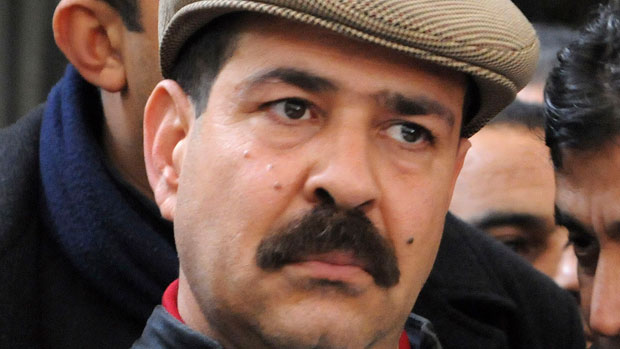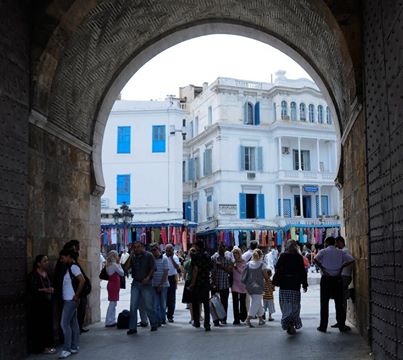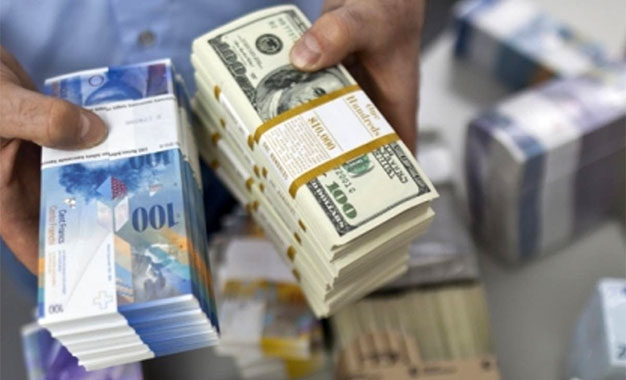 Thousands of angry Tunisians have mourned the assassination of opposition political figure Chokri Belaïd, a prominent opponent of the Islamist-led government of Hamadi Jebali.
Thousands of angry Tunisians have mourned the assassination of opposition political figure Chokri Belaïd, a prominent opponent of the Islamist-led government of Hamadi Jebali.The liberal opposition leader with a bushy mustache was 48, married and the father of two. Belaïd was secretary general of the leftist Democratic Patriotic Party. He was an forthright critic of the government, accusing it of turning a blind eye to violence by religious hard-liners. He spoke on February 5 at a news conference in Tunis and denounced the “climate of violence that has become organized and systematic,” and called for a “national dialogue to contain the trend of violence.”
Tunisian President Moncef Marzouki, who cut short an overseas trip and cancelled a scheduled appearance at an Islamic summit in Egypt, has condemned the slaying of Belaid who becomes the first political leader assassinated in post-revolutionary Tunisia, cradle of the Arab Spring. “There are many enemies of our peaceful revolution. And they’re determined to ensure it fails,” Marzouki said, stressing that this hateful criminal act would not derail the North African country’s transition to democracy.
“Chokri Belaid was murdered this very day knowing I was going to be speaking to you,” he told the European Parliament in Strasbourg, France. “This is a letter being sent to us that we will refuse to open. We reject that message and we will continue to unmask the enemies of the revolution”, added the Tunisian President, a member of a secular party in the governing coalition gathering the leading Islamist Ennahda party and two other political formations, Ettakatol and the Congress for the Republic.
In an address to the nation, the Prime Minister, Hamadi Jebali, called the killing “a political assassination and the assassination of the Tunisian revolution”. He also said that he would form a new government of technocrats to guide the country to elections “as soon as possible.” Hamadi’s decision was a clear concession to the opposition, which has demanded a reshuffle of the Islamist-dominated government.


